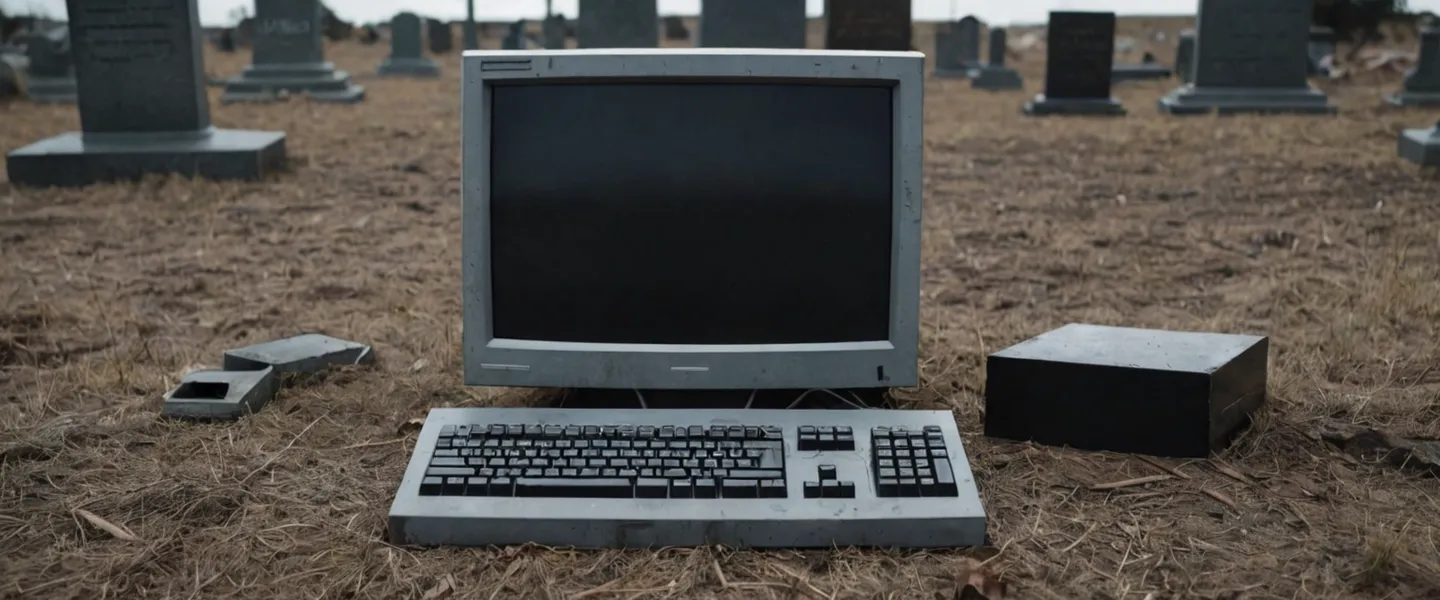The reports of coding's death are greatly exaggerated

This morning, before I’d even had my first coffee of the day, Matt Wolfe was questioning the future of my profession.
Is AI going to completely replace coding? Is coding dead?
The death of coding
The premise of Matt’s video is based on a clip of Jensen Huang, the CEO of Nvidia, who made comments earlier this month that, contrary to the conventional mantra of the last 10–15 years, kids should not learn to code as in the future computers will be programmed with human language and everybody will be a programmer.
Wolfe also links to a clip of Emad Mostaque, CEO of Stability AI, saying “there are no programmers in 5 years”. Wolfe himself, believes the timeframe for AI being able to code as well as humans is 2 years.
I’ve only just started this blog. Should I pivot already and start writing about how to be a plumber?
Let’s all take a deep breath. I’m here to offer a more optimistic take. I think the future is bright for those of us who write software for a living. And what I’m about to say can more broadly be applied to any creative discipline that AI is threatening to disrupt.
A pinch of scepticism
Do bear in mind that these futurist declarations are coming from CEOs of companies whose stock market value is directly correlated with the hype surrounding AI. I’m not at all saying AI isn’t very, very exciting - just that it’s a “shill or be shilled” world out there, folks.
In addition, I actually think Huang’s comments are being taken slightly out of context. For the last 10–15 years, learning to code has been seen as a foundational skill that will improve kids’ career prospects, irrespective of where their career takes them. Even if you’re not going to be a software engineer, being able to code can give you a leg-up in your career. What Huang is saying is that in a world where we interact with computers using human language, being able to code no longer offers that competitive edge.
I totally agree with the above. But Huang doesn’t appear to me to be saying that no-one should learn to code and that computer programming as a profession is dead. If you want to work in software, I would suggest learning to code remains a great idea!
What does the future hold?
It’s time to get the crystal ball out and imagine where we’ll be in 10-15 years time. What will the world look like, and more to the point, what will computing look like?
We have begun a new chapter of computing, computing 2.0 (which is why this blog is called what it is). AI, virtual and mixed reality, large language models and natural language processing, all these technologies are converging at a glorious moment in time. The devices we use in our lives are going to be replaced, we’ll no longer be tethered to screens on a desk, keyboards will be a thing of the past, and all of this is going to happen in the blink of an eye.
To me, the obvious consequence of this change to the way humans interact with computers, is that every single piece of software, every OS, every app, every single utility, widget or whatever, needs to be replaced. This requires a Herculean engineering effort to make happen, and feels to me more like a whopping opportunity than something we should be fearful of.
To build this new digital reality, we need the ingenuity, creativity, and expertise of human designers, developers, and product teams. AI changes the playing field, but it doesn’t own it.
The human touch
In Wolfe’s video, he also features a video by Mckay Wrigley demoing his AI tool that creates a Next.js powered social networking app purely through a spoken human prompt. It’s pretty amazing!
I love the demo and love what Mckay is doing… but… whilst the result is a functioning app, with a database, responsive design, and all the code written, it’s hardly the next Twitter killer.
I know I’m being desperately unfair - Mckay’s video is a proof of concept and was done 10 months ago, and we’re trying to speculate where this technology will be in 10 years time. But it’s essential to remember that AI, by it’s nature, is only as good as the training data it’s been fed.
Cranking that AI dial to maximum sure gives you a productivity boost, but it comes at a cost. Your output will trend towards average. To create excellence will always require human expertise. There is a balance to strike between taking advantage of the immense productivity gains AI offers, without losing our soul and everything we produce becoming an average slop of everything that has come before.
Conclusion
The future I see is bright. Not a bleak, dystopian world where humans are enslaved by our robot overlords, but a world of immense opportunity where humans can leverage machines to move faster, smarter and more efficiently than ever before.
AI is just a tool. Whether you’re a coder, copywriter, designer or anything else, as long as you excel at what you do, you have nothing to fear from AI and much to gain from harnessing it effectively. Humans won’t be replaced by AI, but may get replaced by other humans that make more effective use of AI.
Kids, if you want to be a programmer, definitely learn to code! If you don’t want to be a programmer, maybe you don’t need to know how to code, but everyone should probably learn how to use AI.